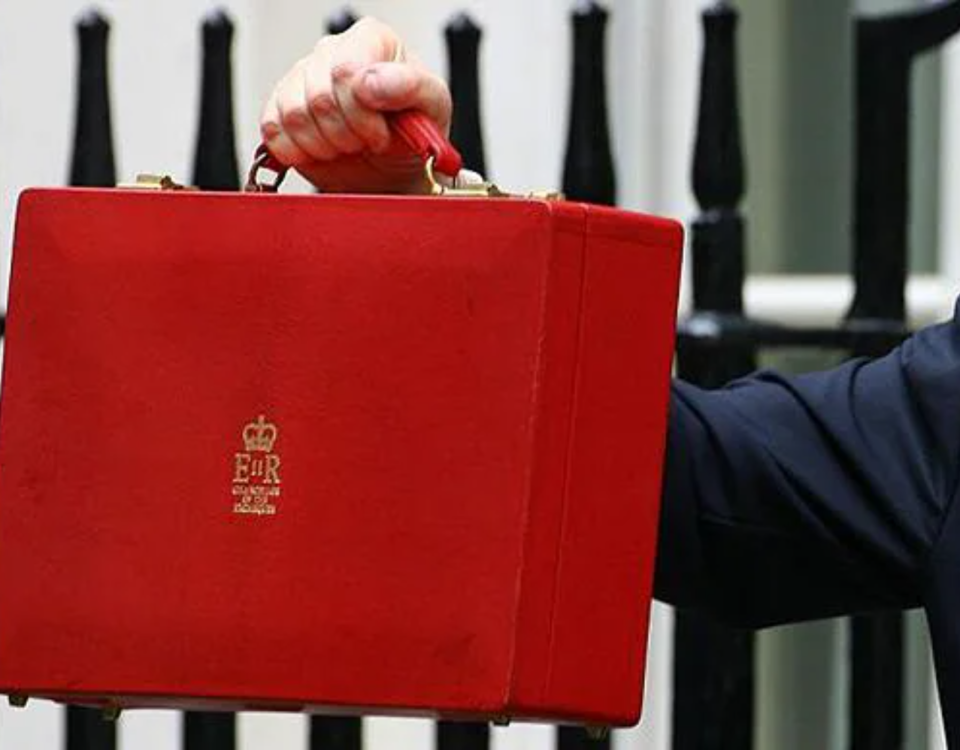IR35 can be a very tricky and complicated bit of tax legislation. With that in mind, we’ve developed an idiot’s guide to IR35 where we demystify all the legislative jargon and get down to the nuts and bolts of the reform.
What is IR35?
IR35 is a piece of anti-tax-avoidance legislation introduced into UK law in 2000. It was a reaction to so-called ‘disguised employment’, this is where a contractor would work through a limited company for tax efficiencies. But in reality, the fundamental relationship between the two parties is that of traditional employment.
IR35 exists to address one crucial question. If there was no intermediary (i.e. the limited company), would the relationship between the end hirer and the contractor be one of employment? IR35 is in place to determine whether the relationship is, or isn’t.
How do I know if I am inside or outside of IR35?
When your assignment is assessed inside IR35, this means that you are a disguised employee and should pay broadly the same tax as a regular PAYE employee. If you are outside IR35, then you are self-employed and can be paid through a limited company, with the tax advantages that come with it.
There are several tests HMRC uses to determine whether you are inside or outside of IR35, which can be summarised as follows:
Control
Have you got control over how you work and what you do, or are you closely managed by your client? A true self-employed person would have control over how to deliver the work.
Substitution
Would you be able to send somebody else to carry out the work, as and when needed? This would be impossible for an employee, but the right of substitution should be possible for a contractor who is genuinely in business on their own account.
Mutuality of Obligation
Are you under an obligation to accept further work, and is the client under an obligation to continue to offer you work? If so, the assignment has Mutuality of Obligation and, as a result, you could be viewed as an employee in the eyes of HMRC.
Employee benefits
Do you have access to maternity, holiday and sick pay? If so, HMRC will consider you working inside IR35, as you have employee benefits.
Other Factors
There are a number of other factors you should also consider when making an IR35 assessment. For example, whether a contractor is being provided with equipment and whether they are taking any financial risk.
It’s always best to not see IR35 as a tick box exercise but to take a holistic view of the relationship between the contractor and the end hirer.
Changes to IR35
Major changes to IR35 were introduced on 6th April 2021. In short, the changes mean that if you are a medium or large company in the private sector the end-hirer, not the contractor, bears the responsibility and liability for determining whether a contractor is inside or outside of IR35. Similar reforms were introduced to the public sector in April 2017.
Penalties
HMRC has the authority to investigate as far back as 20 years if they suspect fraud. If a contractor has been working outside IR35 and the assignment is inside IR35, HMRC may levy a penalty based on several factors. The following are some implications and penalties they could issue:
- 30% penalty on unpaid tax if, in HMRC’s view, the contractor has been careless
- 70% penalty on unpaid tax if the contractor was aware they were inside IR35, but didn’t make the payment calculation
- 100% liable for unpaid tax if the contractor deliberately did not calculate their tax payment in order to hide their underpayment
Now that the IR35 reforms have come into force, where the responsibility for assessing IR35 status has shifted, the tax liability will too. So, where the end-hirer has failed to take reasonable care the liability for any unpaid taxes will sit with the end-hirer and not the contractor.
Compliance led solutions
Here at Parasol, we have a number of different solutions available. We pride ourselves on being compliance led, which is why we are founding members of the FCSA.
With over 20 years of experience in the umbrella and payroll world, you know with Parasol, you’ll always be on the right side of HMRC. We partner with Qdos to ensure you get fair and accurate IR35 determinations each and every time.
Want to find out more? Sign up today.










